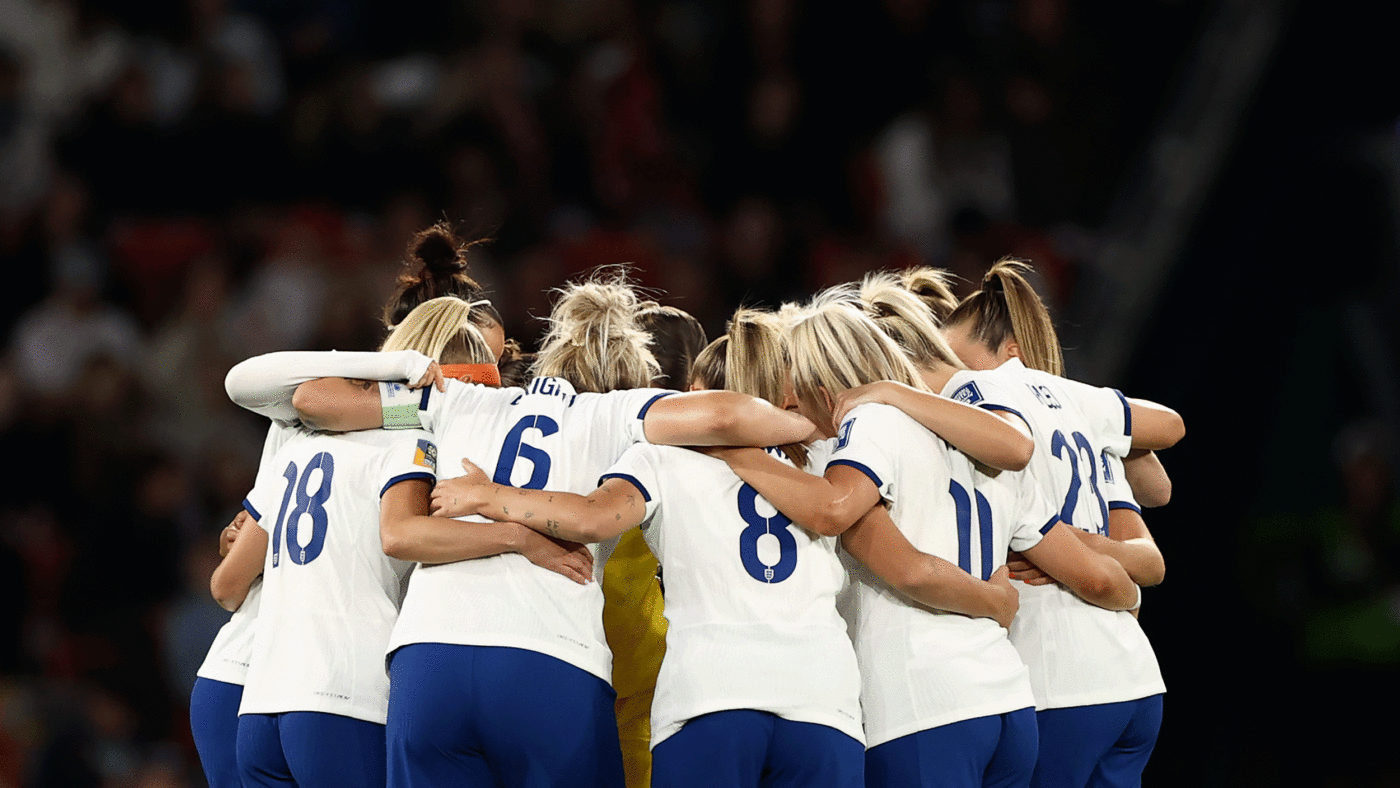The Lionesses have kicked off their World Cup campaign with a victory – albeit somewhat laboured – over Haiti. The tournament, being held in Australia and New Zealand, features more teams and better known players than ever before – and ticket sales Down Under have gone through the roof. It’s a huge moment for the women’s game, a showcase of the hard work and skill of the players. Yet so often they are expected to be spokespeople for political and societal causes as well as fantastic footballers.
As the attention on the likes of Leah Williamson, Beth Mead, Lucy Bronze grew following their Euros win, as much of the coverage was about the players making a stand as it was their prowess on the pitch.
No doubt some of the England players are keen to use their newly found profile to raise awareness of other things. Indeed, in an interview in the aftermath of that Euros win, Lionesses skipper Williamson told ITV Anglia that she and her teammates are not ‘just footballers, and never will be’.
More power to them. The England and Arsenal star is an eloquent and charismatic leader, and if her squad chooses to speak out on topics they care about then that is to be respected. Their campaign for increased access to football for girls was both worthy and impactful. But why should they carry a greater burden for work like this than male players?
Sport and politics have, of course, long gone hand-in-hand. There are many iconic, powerful examples of athletes using their position to highlight important issues. Yet it is the sense of expectation, rather than choice, when it comes to female footballers, that bothers me.
Women’s football is much more political than the men’s game, whether its players taking the knee before every WSL match or debates about symbolic armbands. My concern is not about the merits of these causes – opposing racism and supporting LGBT rights are good things – but about their gendered nature. For men, it’s enough to be brilliant at kicking a ball – why should a woman have to do so much more? The idea that a sportswoman’s politics matter just as much as her physical prowess is deeply patronising.
As ever, there are outlier examples. Take, for instance, the current backlash Jordan Henderson is facing. The England midfielder has made a point of speaking out in support of the LGBT community but is expected to leave Liverpool and head over to play in Saudi Arabia, where he will receive a massive pay rise. The Qatar world cup was steeped dogged by concerns about human rights… until it started and everyone focussed on enjoying the football instead.
It is worth considering where this conflation between women’s football and social causes comes from. For any woman to have made it to the top of the game they have often had to fight very hard just to be able to play at all. They have had to navigate their way to success with far fewer resources than their male counterparts, still get paid significantly less and receive far less prize money. Female footballers are used to having to stick up for themselves – look at the battle the French team had to depose their previous coach, with many of their top players refusing to play until there was a change. So perhaps it’s not surprising that they’re unafraid to take on other injustices too.
One of the reasons women’s football is so enjoyable is that it is so LGBT-friendly, but that also makes it inherently more political. Many of the players recognise that they are not just footballing role models, but lesbian ones too, representing an entire community whether they like it or not.
Women’s football has taken amazing strides forwards. The next few weeks will confirm that. Many of the players on show have spoken out powerfully on various topics. However, it is also perfectly reasonable to enjoy the tournament purely as a sporting event, and not expect it and the players to fix society’s ills. The women’s game can, even just once in a while, be just that.
Click here to subscribe to our daily briefing – the best pieces from CapX and across the web.
CapX depends on the generosity of its readers. If you value what we do, please consider making a donation.


